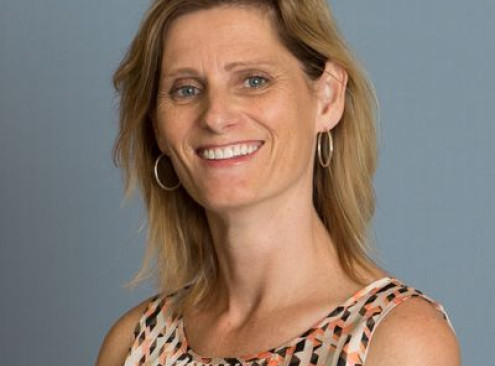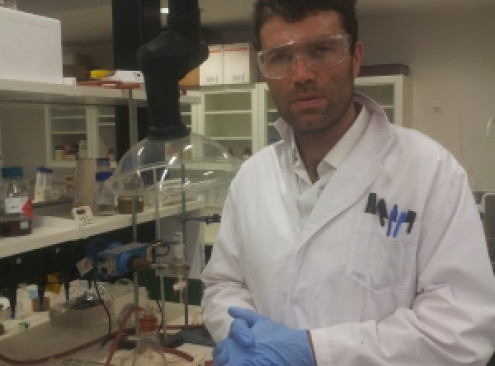© Pint of Science, 2026. All rights reserved.
Find out why we haven't been able to solve the problem of Malaria, how better motorcycle clothing can be made to protect the body and how we could 3D print spare body parts.
Why is malaria still a global health issue?
Prof Tania de Koning-Ward
(Professor of Molecular Microbiology, Deakin University)
The parasites that cause malaria have impacted human health for more than 10,000 years and it still remains a global health problem today. Tania will discuss why it has been so difficult to eradicate malaria.
Tania has been researching malaria for >20 years. She received the Commonwealth Health Minister's Prize for excellence in health and medical research for discovering how malaria parasites renovate their host red blood cells into a perfect home.
Tania has been researching malaria for >20 years. She received the Commonwealth Health Minister's Prize for excellence in health and medical research for discovering how malaria parasites renovate their host red blood cells into a perfect home.

The science behind motorcycle clothing
Dr Christopher (Chris) Hurren
(Senior Research Fellow, Textile Technology, Deakin University)
Chris will show how understanding the fundamental science of what happens when a motorcycle rider slider hits the ground and how this can be used to inform the creation of comfortable and protective rider clothing.
Chris has been able to merge together his love of motorcycle riding and research for an ultimate research area of protective motorcycle clothing. He has been instrumental in achieving the motorcycle clothing assessment program (www.motocap.com.au)
Chris has been able to merge together his love of motorcycle riding and research for an ultimate research area of protective motorcycle clothing. He has been instrumental in achieving the motorcycle clothing assessment program (www.motocap.com.au)
Spare parts for the body: Printing Muscles
A/Prof Richard Williams
(Associate Professor, Deakin University)
When the structure of your body is damaged beyond repair, it needs help to recover. Richard's team use advanced materials, stem cells and 3D printing to try and make replacement parts that can restore function.
Richard completed his PhD in 2009 in the UK, and moved to Australia before the ink was dry. Since 2019 he has been at Deakin University's School of Medicine, looking at engineering solutions to medical problems.
Richard completed his PhD in 2009 in the UK, and moved to Australia before the ink was dry. Since 2019 he has been at Deakin University's School of Medicine, looking at engineering solutions to medical problems.

Map data © OpenStreetMap contributors.